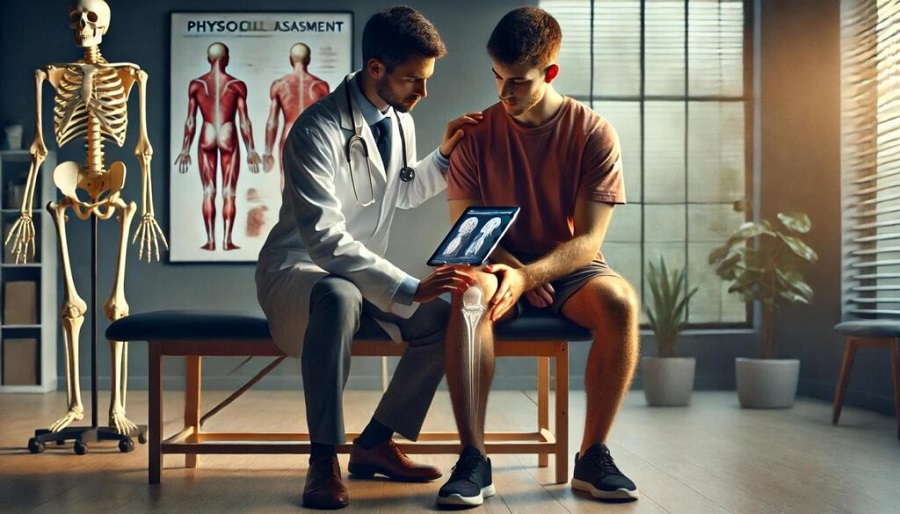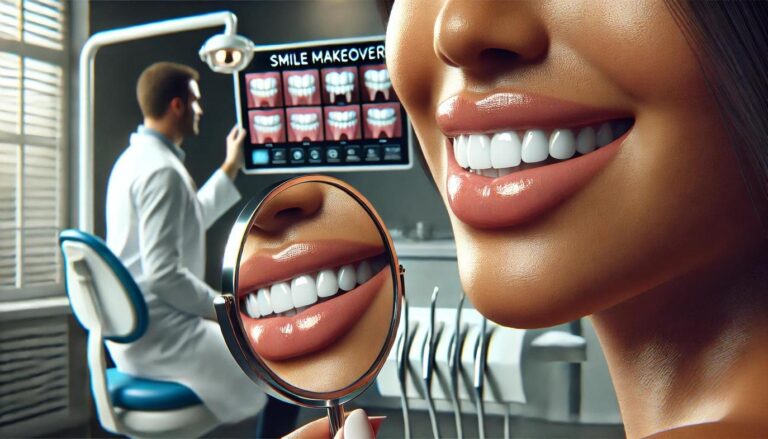Up to three million people across the UK are living with an eating disorder. That’s effectively one in 22 of us. It’s fair to say, based on those statistics, you may know somebody who has an eating disorder and not even realise it. It could also be fair to say you’ve dated someone with one.
If you’re living with an eating disorder, whether you’ve been through the likes of binge eating disorder treatment or any other form of treatment, navigating your dating life can feel daunting.
However, that doesn’t mean you shouldn’t start dating. There are many ways to navigate the experience effectively. Here are some top tips from those who have dated successfully while living with an eating disorder.
Understanding Your Own Needs and Boundaries
Before entering a relationship, it’s important to have a clear understanding of your own needs and boundaries. Recovery is a deeply personal journey, and recognising what you’re comfortable with in a relationship can help protect your mental and emotional wellbeing.
Ask yourself questions such as: Are you comfortable discussing your eating disorder with a partner? Do certain situations, like eating out, cause anxiety? Understanding these aspects can help you navigate dating more confidently and ensure that your relationship supports, rather than hinders, your recovery.
Deciding When to Share Your Experience
There may come a point when you want to open up about your eating disorder, which may make you feel uncomfortable—particularly in the early stages of dating. There’s no right or wrong time to have that discussion, but it should be at a moment that feels right, comfortable, and safe.
You don’t necessarily need to reveal everything at once. You can speak about what you want and release information a bit at a time. For example, you might want to focus on how it affects your life today and what support you need, rather than revisiting the past. A supportive partner, or potential partner, will be understanding and appreciative of that.
Managing Food-Centred Situations
One of the biggest things to consider is how you manage the food-centred elements of dating. Let’s face it—going out for dinner is a go-to suggestion for people dating—so you may want to plan ahead to help you feel more in control and reduce anxieties.
Maybe you start by suggesting activities that aren’t food-focused, like going for a walk or visiting a museum. If going out for food is unavoidable, choose a restaurant where you feel comfortable or review the menu in advance to ease any stress you may have.
Handling Triggers and Emotional Challenges
Dating can bring up a range of emotions, from excitement to insecurity. For those with an eating disorder, certain situations or comments may act as triggers. A partner who makes offhand remarks about food, weight, or body image—even unintentionally—can stir up negative thoughts or feelings.
If something your partner says or does triggers you, it’s important to communicate how you feel in a calm and honest way. Let them know what kind of language or behaviours are unhelpful, and provide guidance on how they can support you more effectively.
Recognising the Importance of a Supportive Partner
A supportive partner can make a significant difference in how you experience dating while managing an eating disorder. The right person will respect your boundaries, be willing to learn, and support your journey without judgement.
If a partner dismisses your struggles, pressures you to eat in ways that make you uncomfortable, or is unsupportive of your recovery, it may be a sign that the relationship is not healthy. Your wellbeing should always be a priority, and surrounding yourself with people who uplift you is key.




